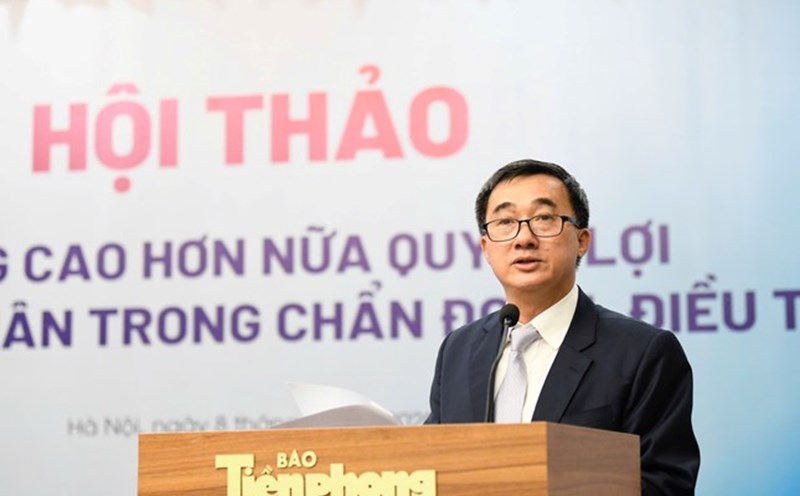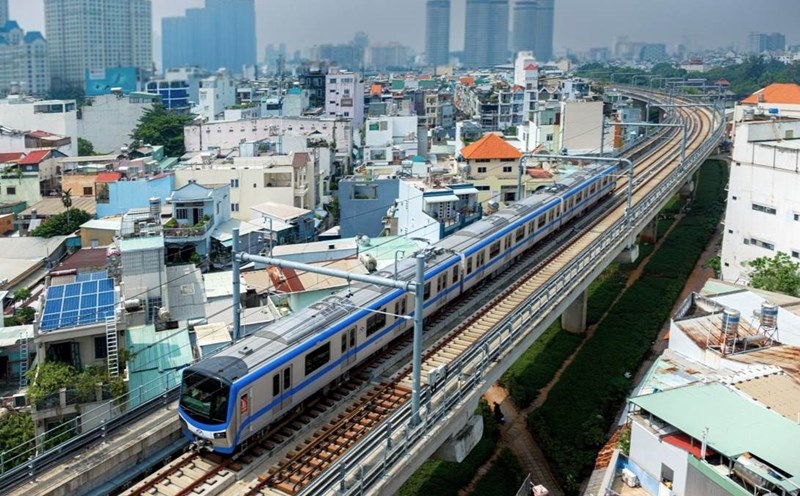The EU will announce a roadmap for gradually ending gas relations with Russia on May 6.
The roadmap was issued as the US urged Russia to sign a peace deal with Ukraine. If achieved, a peace deal in Ukraine could reopen the door to Russian energy and ease Russian sanctions.
About 19,5% of Europe's gas still comes from Russia, via the TurkStream pipeline and liquefied natural gas (LNG) shipments.
The European Union has an unrivalled goal of ending imports of Russian fossil fuels by 2027.
Last month, a senior EU official said the European Commission was reviewing legal options to allow European companies to citations force majeure and breach gas contracts with Russia without being punished, as well as considering a ban on businesses from signing new contracts to buy Russian gas.
Lawyers and analysts said the possibility of applying the force majeure clause is very low because it has been many years since the EU announced it would end Russian gas imports in 2022, after the Russia-Ukraine conflict broke out.
Agnieszka Ason, an independent energy lawyer specializing in LNG contracts and senior research fellow at the Oxford Energy Research Institute, noted that to declare force majeure, suppliers must violate contracts, for example, not delivering goods. But energy supplies from Russia remained effective during the conflict.
Legal experts say sanctions on Russian gas imports are the most effective way to gradually eliminate Russian gas.
This solution requires the approval of all 27 member states in the bloc. However, in the EU, Slovakia and Hungary still maintain close relations with Russia, in which Hungary has announced that it will prevent energy sanctions.
Since the conflict broke out in Ukraine, Gazprom and European companies have filed lawsuits and counteractions against violated and delayed gas contracts.
Based on court documents, Reuters estimates that these disputes are worth about 18.5 billion euros ($21 billion).
Contracts with Russian gas giant Gazprom include a "buy-or-pay" clause, forcing customers who do not receive gas to pay up to 95% of the committed volume.











